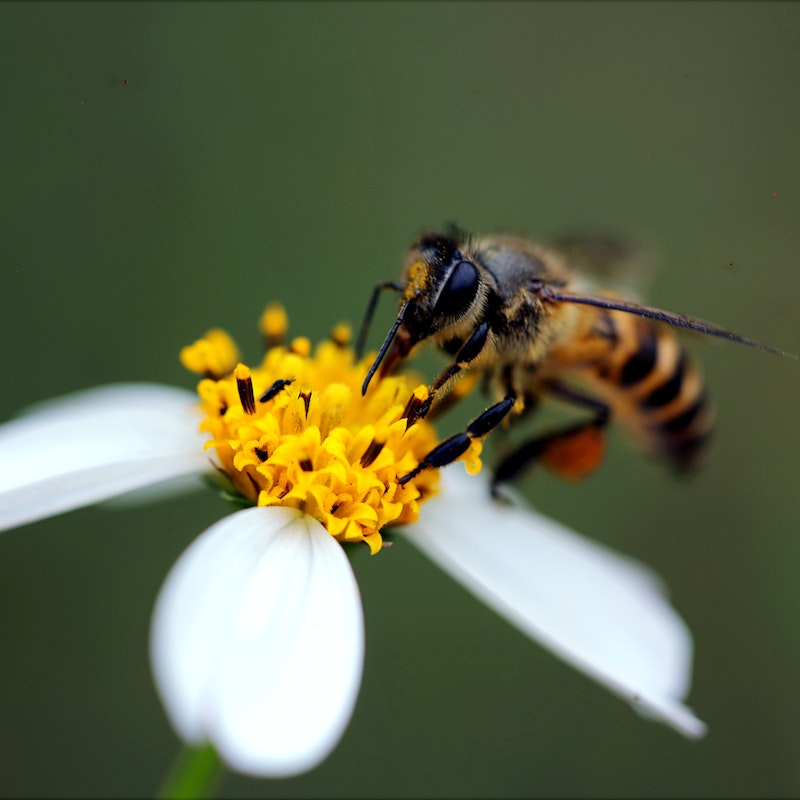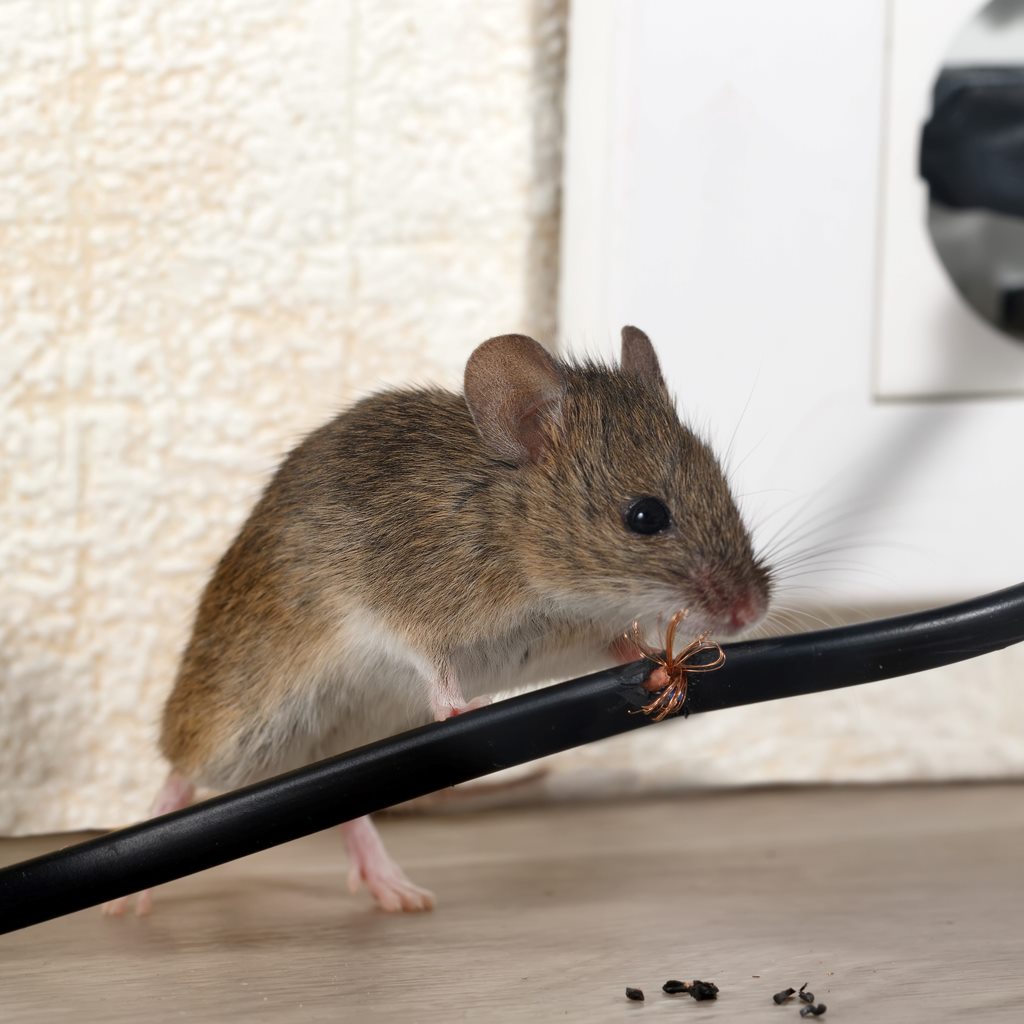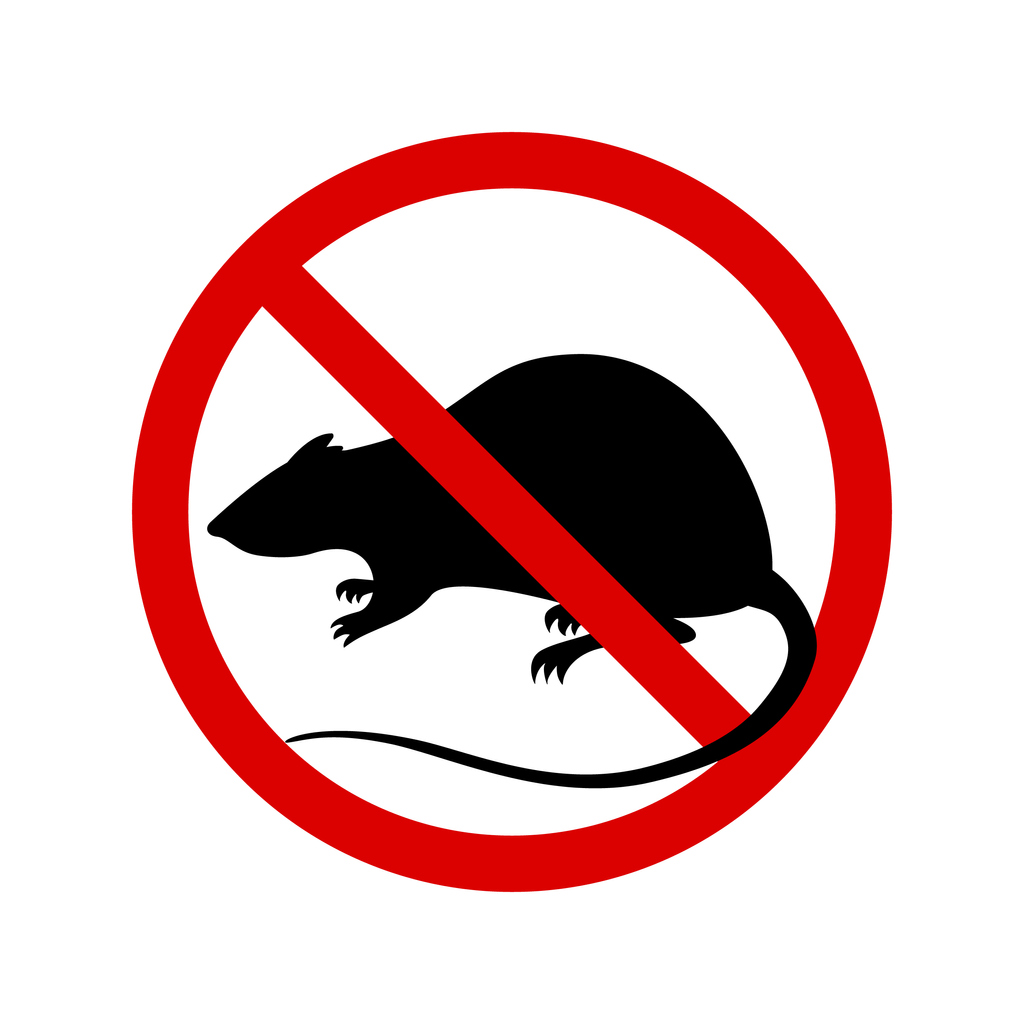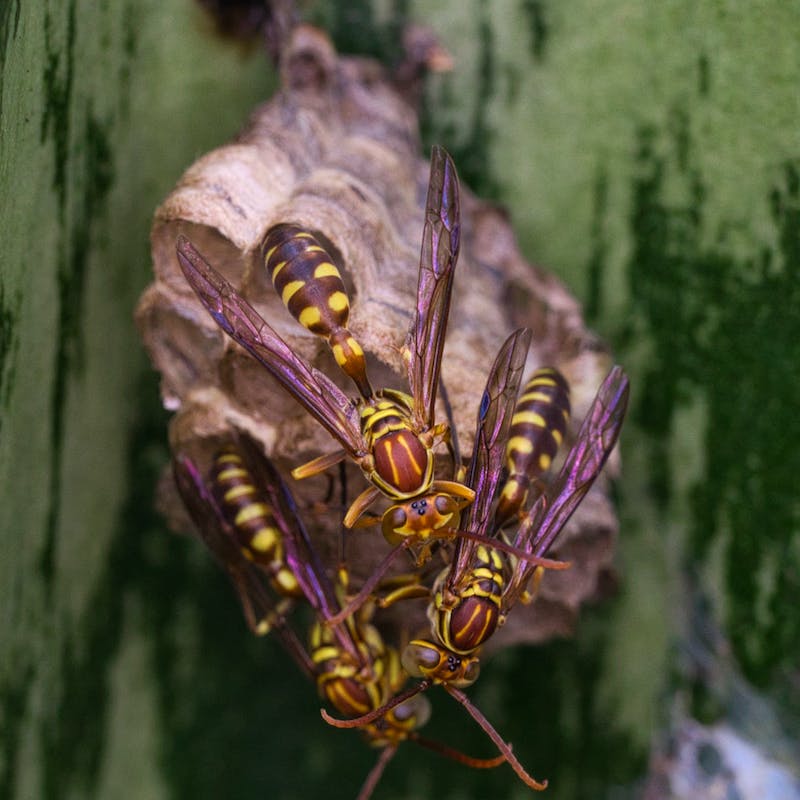
22 Jun 2023 | Trifecta Pest Solutions (UK) Ltd
In the UK we are not particularly blessed with long, glorious summers. Therefore, when the sun comes out, we want to maximize our time outdoors and in our gardens. This is perfectly achievable until the inevitable wasps arrive!
Wasps love to disrupt our relaxation and they can be incredibly annoying. If only there was a way to stop them from invading our gardens! Well… there actually is and it’s incredibly simple. All you have to do is place wasp repellent plants in your garden!
Yes, there is a range of common plants that wasps simply detest and if you utilize them in your garden, they work as a fantastic deterrent. If this sounds like a lifesaver, read on to find out which plants repel wasps!
Why Are Repellent Plants Effective Against Wasps?
Wasps have an incredibly sensitive and strong sense of smell and we can use this to our advantage by planting plants with a strong scent in our garden.
It is the strong scents that wasps can’t stand - it disrupts their sense of smell and can cause them to become disoriented. Please be aware that this won’t be effective for things like wasp nests though and here you may need professional wasp removal services.
9 Plants That Wasps Hate
Not every plant repels wasps and there are nine common species that act as a superb wasp deterrent. These include lavender, mint, marigold, basil, rosemary, thyme, lemon balm, catnip, and fennel.
Lavender
Lavender is one of my favourite plants and it looks beautiful in the springtime with it’s purple flowers. The scent is also amazing and of course, it is widely used in fragrance products. Wasps hate it due to the essential oils contained inside.
Mint
I love the fresh and heady scent of mint but wasps simply hate it (and peppermint). These plants grow the most during the summer and typically die off in the Autumn.
Marigold
Marigolds are some of my favourite wasp repellents as they look gorgeous with their characteristic orange petals and have a strong, spicy smell that wasps avoid. Marigolds also need minimum care and they can self-seed and spread in a wider area quickly.
Basil
Most of us will recognize the scent of basil and I’m sure many people have enjoyed it in things like soups and casseroles. However, the plant is also a fantastic wasp repellent and it can be grown both indoors and outdoors.
Rosemary
Rosemary bushes can grow incredibly quickly and it’s the pine-like sharp needles that are used in cooking and have that characteristic scent. Rosemary bushes also flower with purple and blue petals and they work fantastic as wasp repellent plants.
Thyme
Continuing the herb theme here, thyme is one of the best plants that repel wasps. It looks fantastic with its small white, pink, or purple flowers, and the herb itself is of course amazing for cooking.
Lemongrass
Lemongrass is more difficult to grow as it does need specific climates but it has a beautiful and sharp citrus scent that will keep those annoying wasps away.
Catnip
Most people associate catnip as the crushed-up item that cats go crazy for. However, before being treated, it’s a perennial herb with gorgeous flowers and aromatic leaves.
Fennel
Fennel looks fantastic with its yellow flowers and lovely feathery leaves and it is widely used in cooking. The strong aroma of this plant is something wasps will try to avoid.
Integrating Repellent Plants Into Your Garden
These wasp repellent plants are highly effective but you must give consideration as to how you will integrate them into your garden. Thought must be given to the placement so you can get the maximum effect and deter wasps from entering the most important parts of your garden. Some simple tips include:
- Disperse the plants evenly throughout your garden.
- Surround any outdoor eating/sitting areas with these plants.
- Don’t forget about places like hanging baskets, flower pots, and window boxes.
- Mix up the colours and plant types.
The simplest thing you can do is to disperse the placement of your wasp repellent plants. Don’t stick them all in one location as the wasps will simply avoid that area, but continue to harass you in the rest of your garden!
Also, if you have an outdoor eating area such as a patio, it could be a great idea to surround this with planters containing the wasp repellent plants as a type of barrier so you can eat and relax in peace.
Keep Wasps at Bay With These Amazing Repellent Plants
Wasp repellent plants are a great way to discourage these pesky critters from invading your garden and the great thing is, is that they all look fantastic too and add some amazing colour to your borders and flower beds!
While this can help, there may be instances where repellent plants are not enough and wasp removal services are needed which Trifecta Pest can help with!


